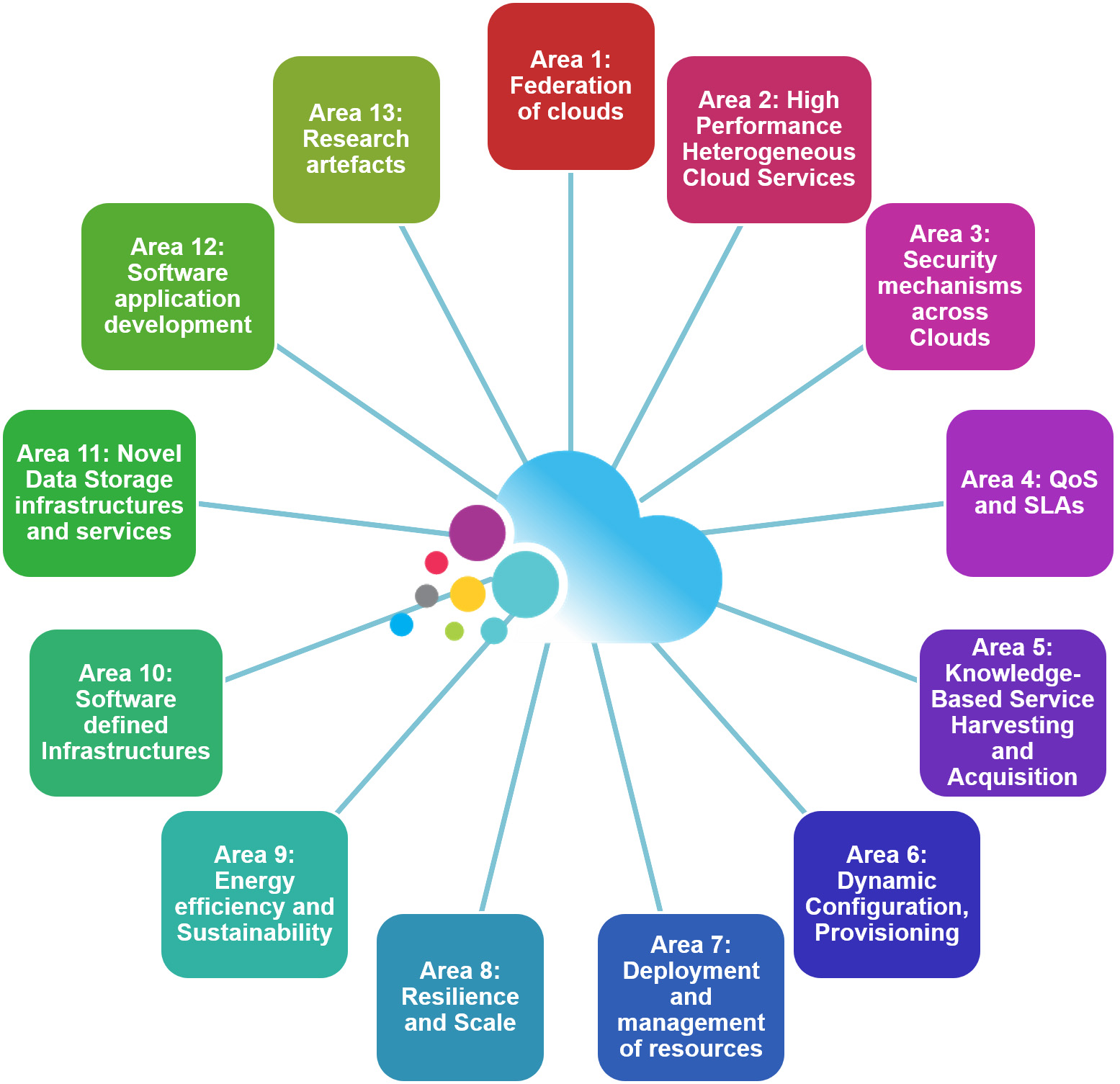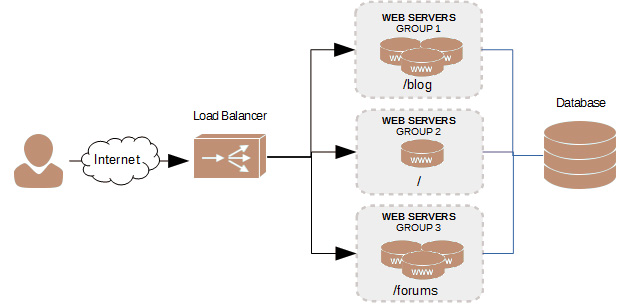Cloud Clustering & Load Balancing
Enhance Performance and Reliability with MSPiRE
In the realm of cloud computing, optimizing the performance and ensuring the reliability of applications and services is paramount. Cloud Clustering & Load Balancing serves as a dynamic duo to achieve these goals.
Unleash the Power of Cloud Clustering for Optimal Performance
Cloud Clustering involves creating a unified cluster of virtual machines (VMs) or cloud instances. These resources act collectively, essentially forming a single, powerful system. This configuration offers several advantages, including load distribution, enhanced resource utilization, and increased fault tolerance. By spreading workloads across multiple VMs, cloud clustering reduces the risk of downtime due to hardware failures or spikes in demand. This results in improved availability, efficient resource management, and the ability to handle varying workloads without performance degradation.

Our Approach
The Process of Load Balancing and Cloud Clustering
We believe in the transformative power of open-source solutions.
Our approach includes:
Assessment And Planning
Begin by assessing your application's requirements, traffic patterns, and performance objectives.
Designing The Architecture
Design a scalable and fault-tolerant architecture that includes load balancers and clustered resources.
Selecting Load Balancers
Choose the appropriate load balancing algorithm based on your application's needs (e.g., round-robin, least connections, or weighted).
Setting Up Clusters
Deploy a cluster of virtual machines (VMs) or cloud instances, ensuring they are identical in terms of configuration and software.
Configuring Load Balancers
Set up health checks to monitor the status of each node and automatically remove or redirect traffic from failed nodes.
Implementing Load Balancing
Fine-tune load balancing policies to optimize resource utilization, responsiveness, and fault tolerance.
Testing And Optimization
Thoroughly test the load balancing and clustering setup under different conditions, including heavy traffic loads and failover scenarios.
Scalability Planning
Ensure that the load balancer can seamlessly accommodate additional resources when needed.
Security Considerations
Implement security measures to protect the load balancer and cluster nodes from cyber threats.
Documentation And Training
Create comprehensive documentation for your load balancing and clustering setup. Train your team on best practices.
Ongoing Monitoring & Maintenance
Implement continuous monitoring of cluster health and load balancer performance. Set up alerts to notify you of any issues that require immediate attention.
Scaling And Growth
As your application and traffic grow, assess the need for additional cluster nodes or load balancing resources.
Ensuring Seamless Performance and Resource Optimization
Load Balancing, on the other hand, is a mechanism that ensures the even distribution of incoming network traffic across multiple servers or VMs. By intelligently routing requests, load balancing prevents any single server from becoming overwhelmed, thus preventing service degradation or downtime. This approach not only optimizes performance by avoiding bottlenecks but also provides an improved user experience by maintaining responsiveness even during peak traffic periods.

Statistics
The Numbers You Need To Know
Discover the remarkable impact of Mspire through these astounding numbers. Our performance metrics speak volumes, showcasing our commitment to excellence and innovation. Explore the figures that define our success and the solutions that drive it.
Customer Satisfaction
Countries Worldwide
Average Savings
Employee Productivity
Our blogs
Trending News And Insights
From tech trends to travel tips, delve into a world of information and join the conversation by commenting and sharing your thoughts. Welcome to your source of inspiration and knowledge.
Unveiling the Power of Cloud Storage: 10 Compelling Benefits
In the digital age, where data reigns supreme, the need for efficient and accessible storage…
Advantages and Disadvantages of Microservices Architecture
Microservices architecture has gained significant traction in recent years as a dynamic approach to building…
Navigating Cloud Migration: Unveiling Strategies, Processes, Benefits, and Risks
Cloud migration, a pivotal aspect of modern enterprise transformation, encompasses a spectrum of strategies tailored…


What Our Clients Say
Help us improve our productivity

"Mspire's GCP services exceeded our expectations, providing us with a seamless transition to the cloud. Their expertise in leveraging GCP's advanced technologies helped us scale our operations, enhance efficiency, and achieve our business goals. Highly recommended for transformative cloud solutions,”





